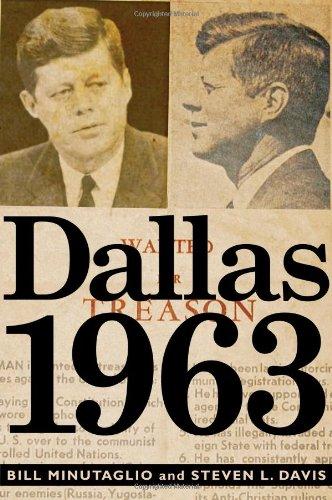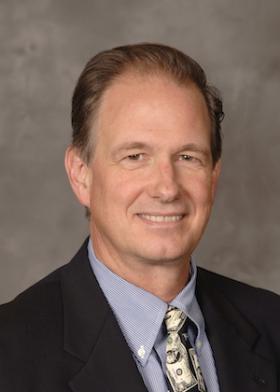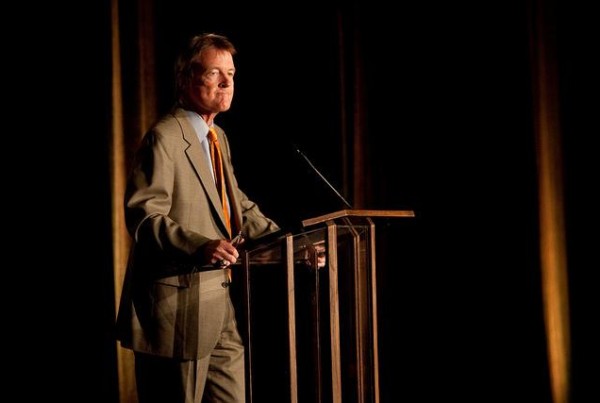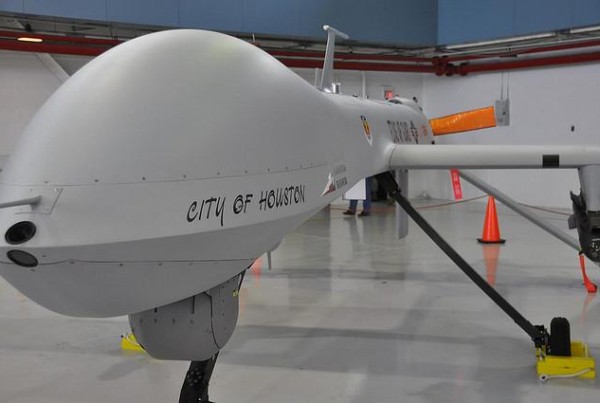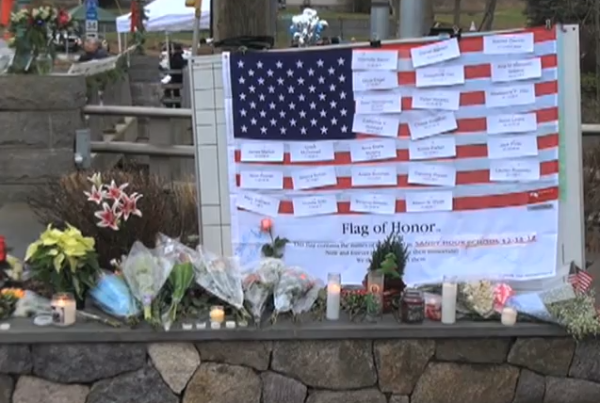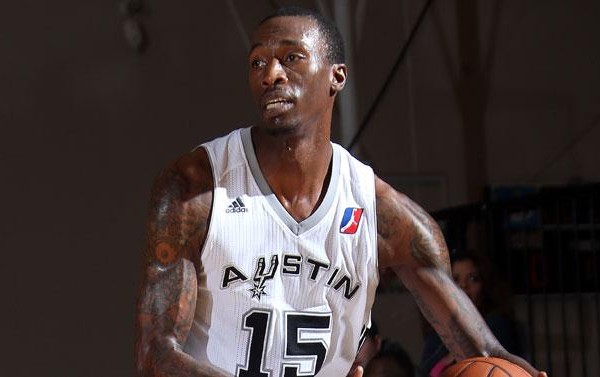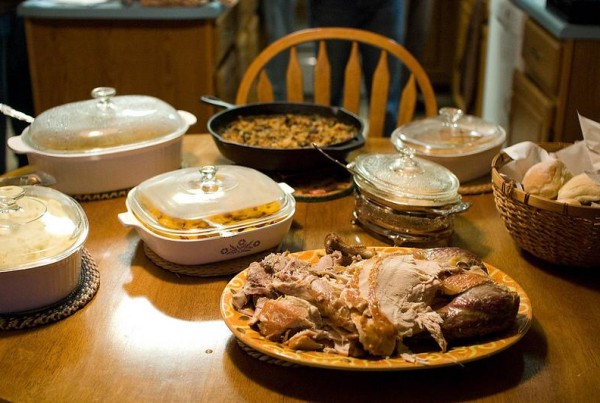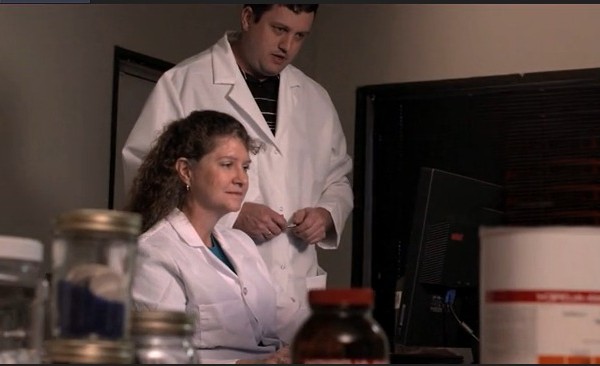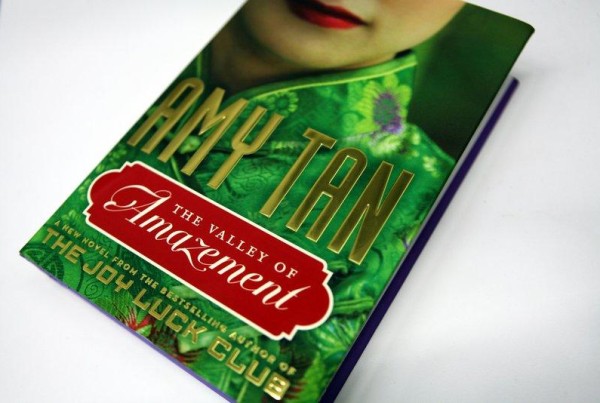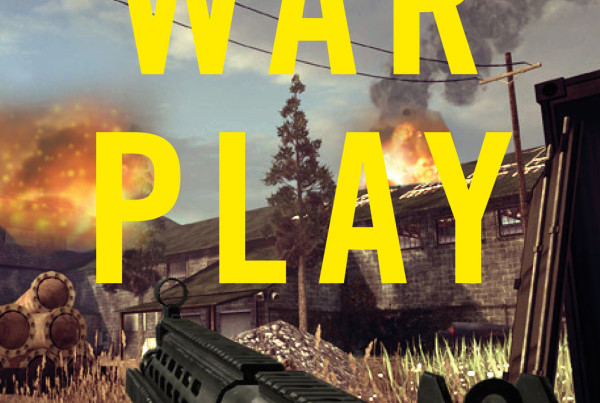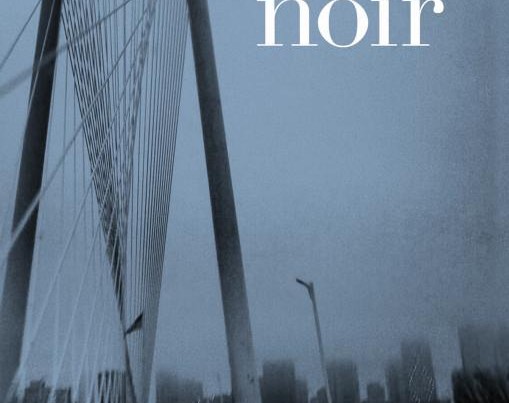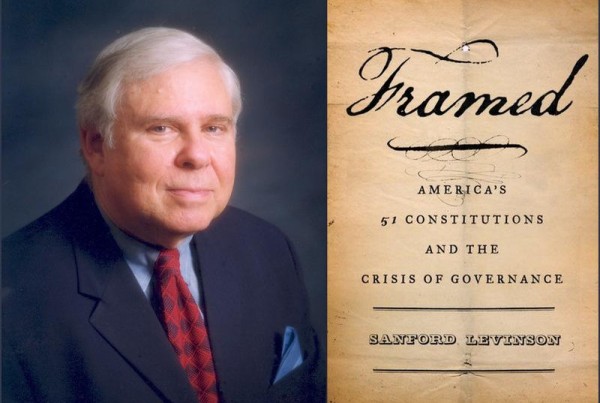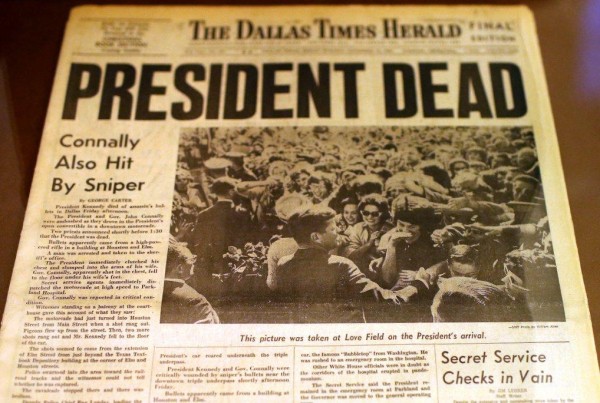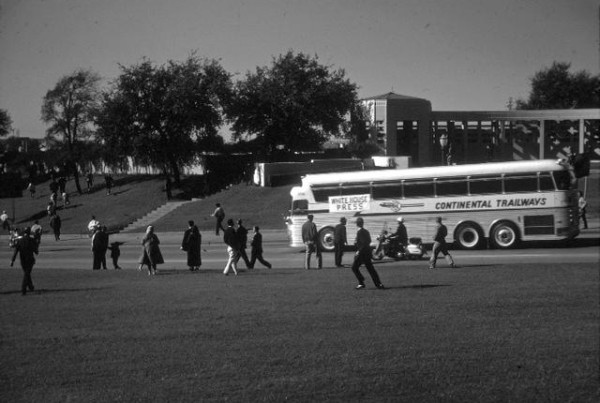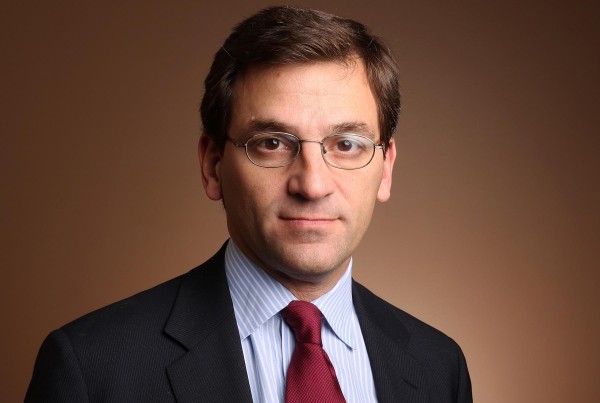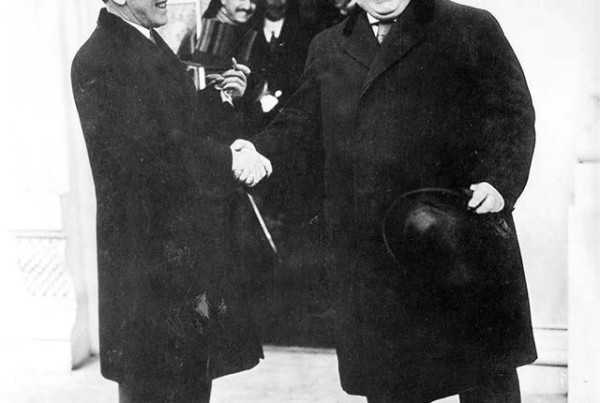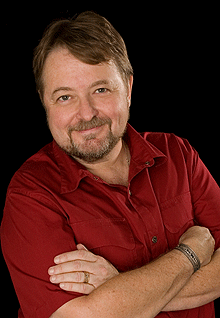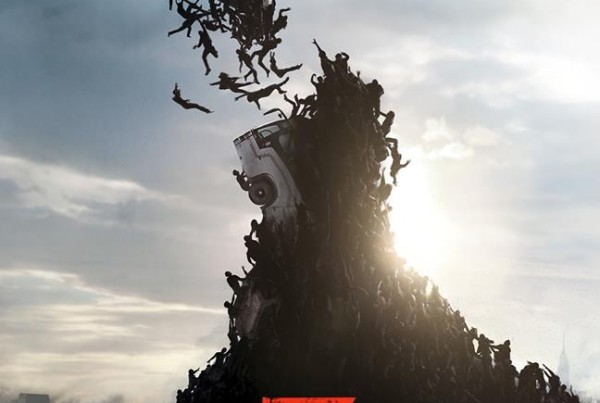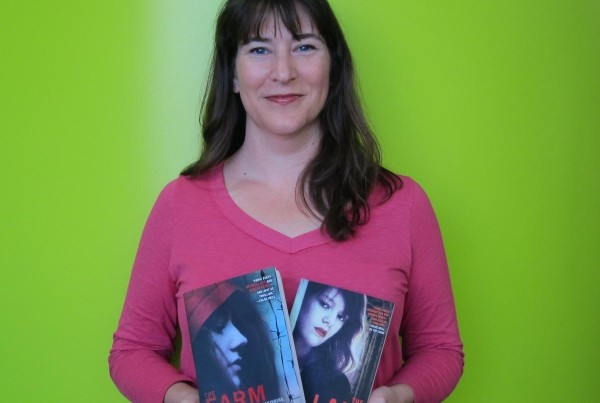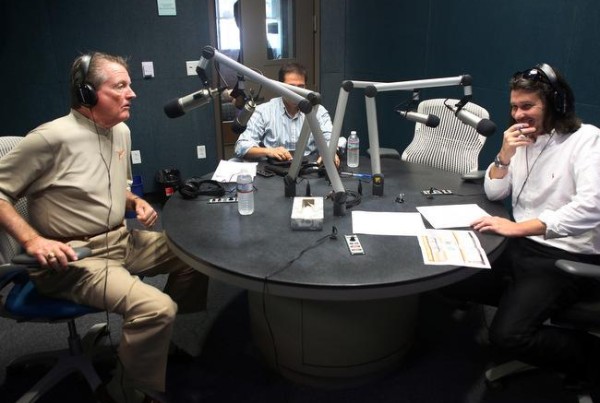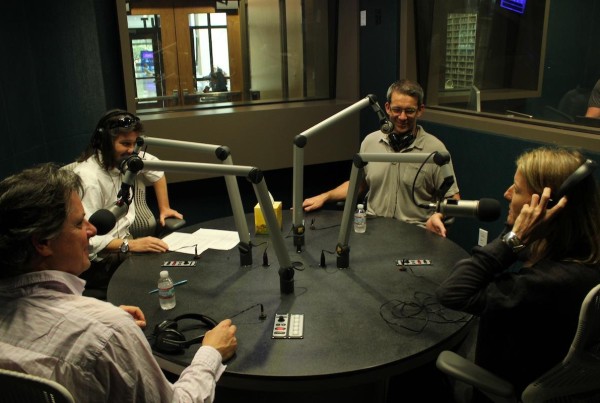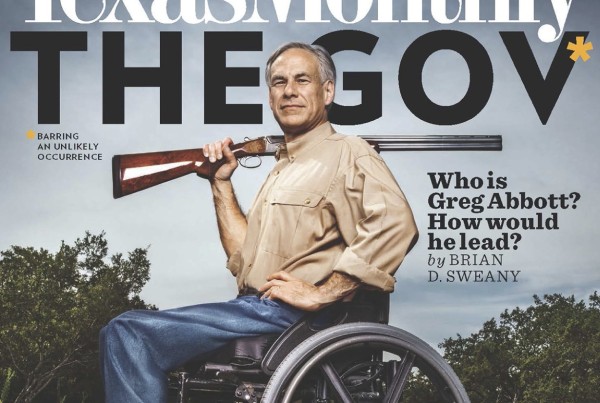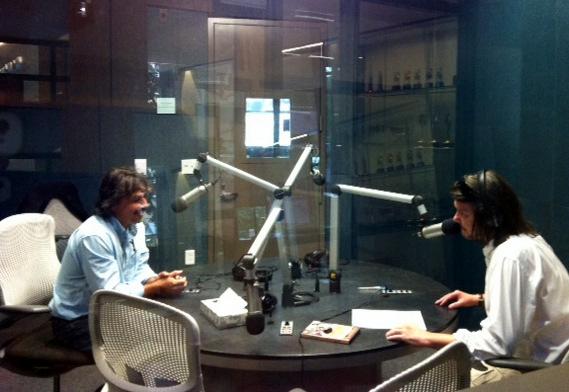Walter Cronkite’s announcement of JFK’s assassination. The televised shooting of Lee Harvey Oswald. The Zapruder film. The Warren Commission.
In that avalanche of history, a new book suggests we’ve lost sight of something important: specifically, the seedbed for the most momentous political tragedy of 20th century America.
It’s the story of “Dallas, 1963.” That’s the title of a new book by Stephen L. Davis andBill Minutaglio.
Minutaglio talks with KUT’s David Brown about why he describes the book as a “biography of a city,” and what lessons may have been overlooked by history.
“We felt there was a welling toxic environment in Dallas,” Minutaglio says. “That there was something that started as unease and dread in the community at large and it really began building to a fevered pitch. It was waiting there for Kennedy, and he didn’t know it.”
According to Minutaglio, Kennedy had received reports that the environment in Dallas was quite intense and maybe he should rethink his visit. Kennedy’s aides had reported that there was a group of people who had “hijacked the microphone.”
These “outsized figures” included billionaire H.L. Hunt, General Edwin A. Walker and Ted Dealey, publisher of The Dallas Morning News. However, as history states, Kennedy’s assassin wasn’t some “right-wing radical.”
“People were literally coming to Dallas to join this anti-Kennedy resistance,” Minutaglio says. “Lee Harvey Oswald was there, and was kind of caught up in the swirl, and might have been motivated as a disturbed individual to action, to be a part of this maelstrom. Nothing like this could have happened, but in Dallas.”
Listen to the interview in the audio player above.
This interview originally ran Sept. 19, 2013.


